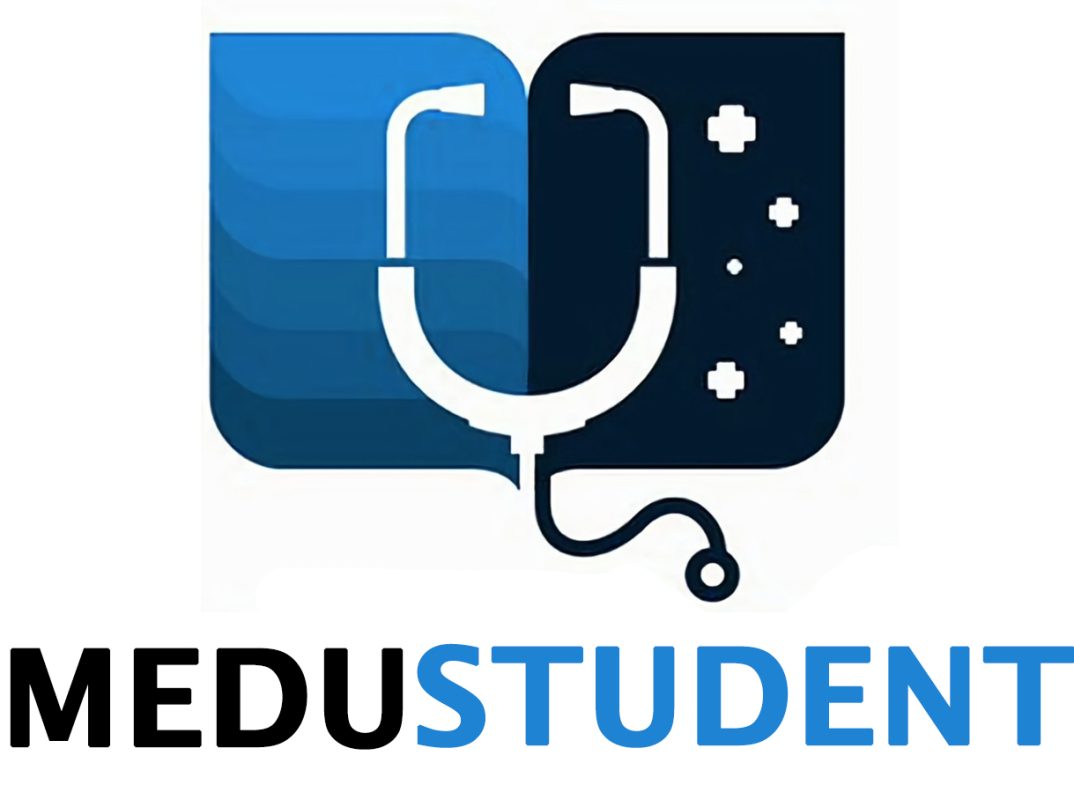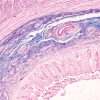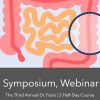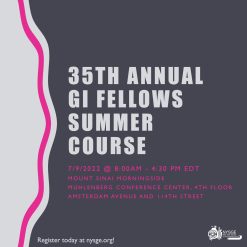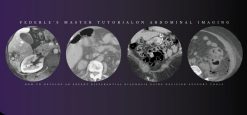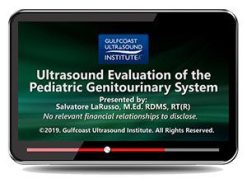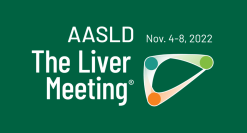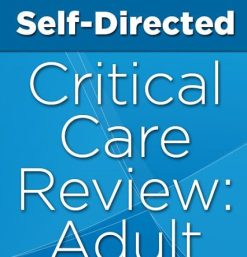Harvard GI Motility & Brain-Gut Disorders: Evidence Vs Consensus – Harvard GI Motility Course 2024
$15,00
This Product is shared via google drive download link, So please share your correct Gmail id while placing the order .Please note that there are no CME points or certificate associated with this course Samples for Courses Can be found here : Free Samples Here!
25th Annual Course in Neurogastroenterology & Motility
GI Motility & Brain-Gut Disorders: Evidence vs Consensus
2024 Course Overview
GI motility and brain-gut disorders are extremely common and can be a challenging part of primary and subspecialty care. New diagnostic techniques and therapies are constantly being developed, and their roles continue to evolve. As many controversies in management exist, the goal for the course in Neurogastroenterology and Motility at Brigham and Women’s Hospital, accredited by Harvard Medical School, is to incorporate both evidence-based and expert observation in order to help clinicians develop strategies to address these disorders in practice. This intense, one-day course is comprised of two parts: a morning session with case-based panel discussions and mini-lectures, and an afternoon practical session.
The practical session will also feature breakout classes dedicated to advanced practice providers and to behavioral and psychological therapies for GI disorders. Both sessions will offer interactive learning formats. Overall, the aim for this course is to help participants evaluate, treat, and manage patients with esophageal conditions including problems with swallowing and acid reflux disorders. We also hope to help participants develop new strategies to effectively manage gastric and colonic motility and function diseases. Our goal is that participants gain confidence using current and emerging diagnostic testing and therapies and enhance their ability to interpret clinically available GI motility tests through workshops and small group sessions.
Who Should Attend
- Nurse Practitioners
- Physician Assistants
- Nurses
- Specialty Physicians
- Primary Care Physicians
This course may also be of interest to clinicians who practice in Gastroenterology, Surgery, Internal Medicine, Pediatrics, and Adolescent Medicine, Family Medicine, Lifestyle, and Mind-Body Medicine.
Learning Objectives
Upon completion of this activity, participants will be able to:
- Evaluate, treat, and manage adult and pediatric patients with esophageal conditions including those with problems with swallowing and acid reflux disorders.
- Implement new strategies to effectively manage gastric and colonic motility and function diseases.
- Distinguish between current and emerging diagnostic tests and therapies to better manage gastrointestinal disorders.
Topics:
Saturday, October 19, 2024
Welcome
Gastric and Small Bowel Cases
Moderator: Braden Kuo, MD
Panelists: Judy Nee, MD; Richard Saad, MD; Claire Zar-Kessler, MD; Alejandro Flores, MD; Leo Magrini, PA
The Effect of New Anti-Obesity Medications Including GLP-1 Agonists on The Gastrointestinal Tract
Nayna Lodhia, MD
Break
Esophageal Cases
Moderator: Walter Chan, MD, MPH
Panelists: Hiroshi Mashimo, MD, PhD; Wai-Kit Lo, MD, MPH; Hilary Ugras, NP
How to Approach Oropharyngeal Dysphagia
Christopher Dwyer, MD, FRCSC
Lunch Break
Colon and Anorectal Cases
Moderator: Kyle Staller, MD, MPH
Panelists: Samuel Nurko, MPH; Johanna Iturrino Moreda, MD; Amanda Pressman, MD; Samantha Calabrese, NP
Digital Apps, Virtual Reality, AI, and Other Technology for Dysmotility and Disorders of Gut-Brain Interaction
Eric Shah, MD, MBA
Break
Participants will choose 2 sessions from 2:30-3:30 PM (30 minutes each)
-
-
-
-
-
-
- Esophageal Manometry
Sravanya Gavini, MD, MPH; Stephanie Owyang, MD - Reflux Monitoring Tests
Lawrence Borges, MD, MPH; Chethan Ramprasad, MD; Erik Reilly, MEd, BS, RN - Breath Testing
Jasmine Hanifi, MD; Ryan Flanagan, MD, MPH; Sean Allen - Dietary Therapy for GI Disorders
Lauren Dear, MS, RDN
- Esophageal Manometry
-
-
-
-
-
Participants will choose 2 sessions from 3:30-4:30 PM (30 minutes each)
-
-
-
-
-
-
-
- EndoFLIP
Brent Hiramoto, MD; Brian Dooley, RN - Anorectal Manometry
Nir Bar, MD; Barbara Brien, RN - Gastric and Small Bowel Testing
Brian Surjanhata, MD - Pelvic Floor Physical Therapy for Motility and GI Issues
Meghan Markowski, PT, DPT, WCS, BCB-PMD, CLT
- EndoFLIP
-
-
-
-
-
-
Advanced Class – Motility and Reflux Testing Tracings Review
Moderators: Jennifer Cai, MD; Vikram Rangan; Christopher Velez
Discussants: Corey Baker, MD; Alin Botoman, MD; Walter Chan, MD, MPH; Jennifer Dimino, MD; Daniel Friedlander, MD; Albena Halpert, MD; Kevin Huang, MD; Braden Kuo, MD; Hiroshi Mashimo, MD, PhD; Barbara Nath, MD; Trisha Pashricha, MD; Amanda Pressman, MD; Allyson Richardson, MD; Kyle Staller, MD, MPH; Eric Shah, MD, MBA; Sanskriti Varma, MD
Topics: Esophageal Manometry, pH/Impedance, Anorectal Manometry, Fake Out Artifacts, FLIP Panometry
Advanced Practice Providers Class – The Role of Advanced Practice Providers (APP) in GI Care
Moderators: Kristina Skarbinski, MSN, FNP-BC; Samantha Calabrese, NP
Introduction
Updates on Marijuana Therapies for GI Disorders and Who is the Most Appropriate Candidate for Referral
Meghan Clements, NP
Red Flags for Medical Stability in Patients with ARFID and Eating Disorders: What the GI APP Should Know
Lauren Shabazian, CNP
Anal Paps: Who, What and How?
Daniel Worrall, CNP
Practical Guidance for Integrating Behavioral and Psychological Interventions into Your Clinical Practice
Sarah Ballou, PhD; Julie Snyder, PsyD
Topics: Importance/feasibility of integrated care, Integrating psychology into GI clinic, A brief introduction to common BGBTs, Demonstration of diaphragmatic breathing exercise, How to and why teach diaphragmatic breathing
Related products
PULMONARY /RESPIRATORY
